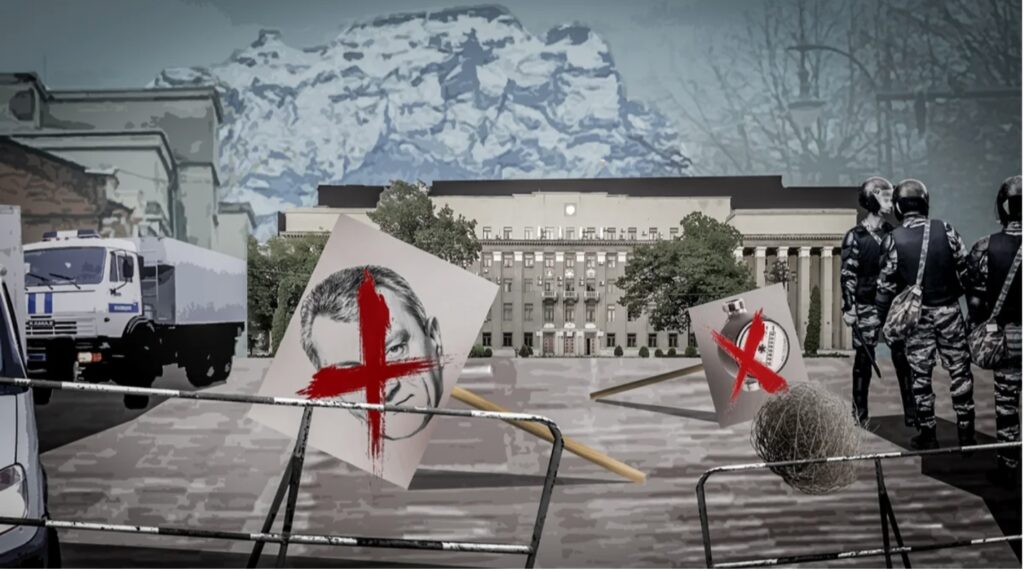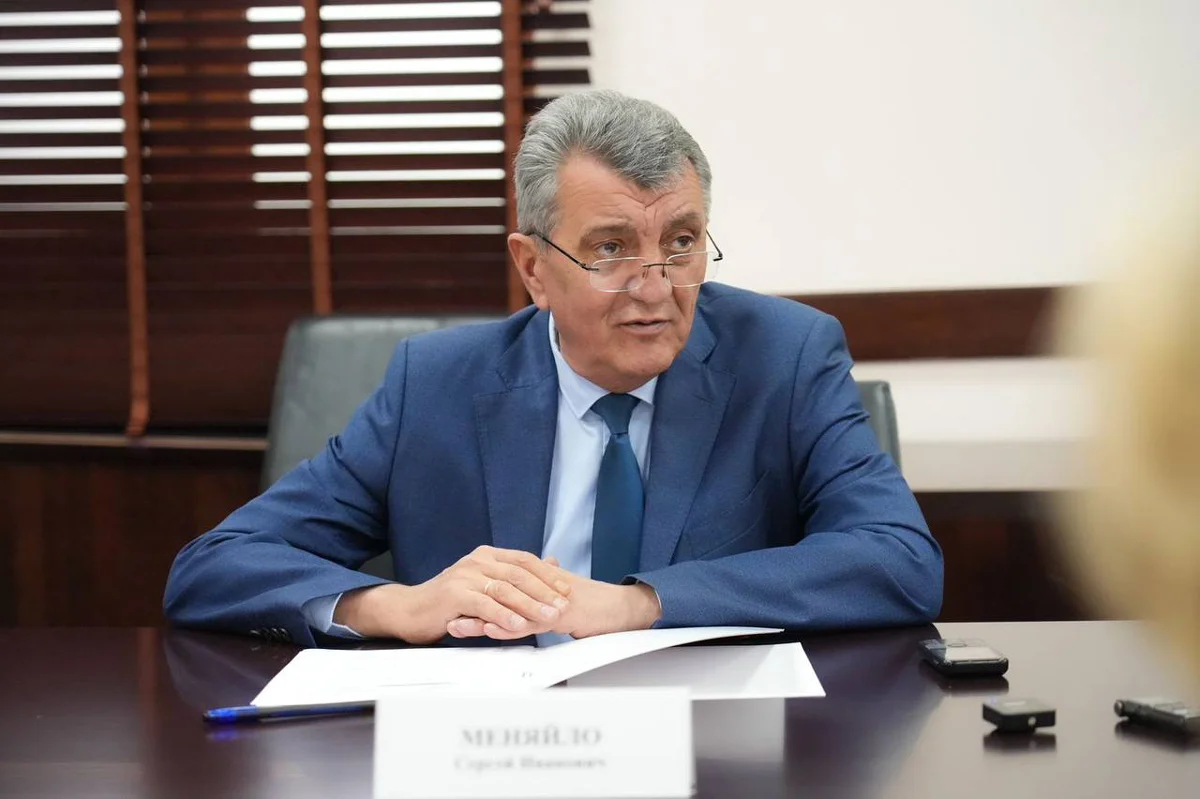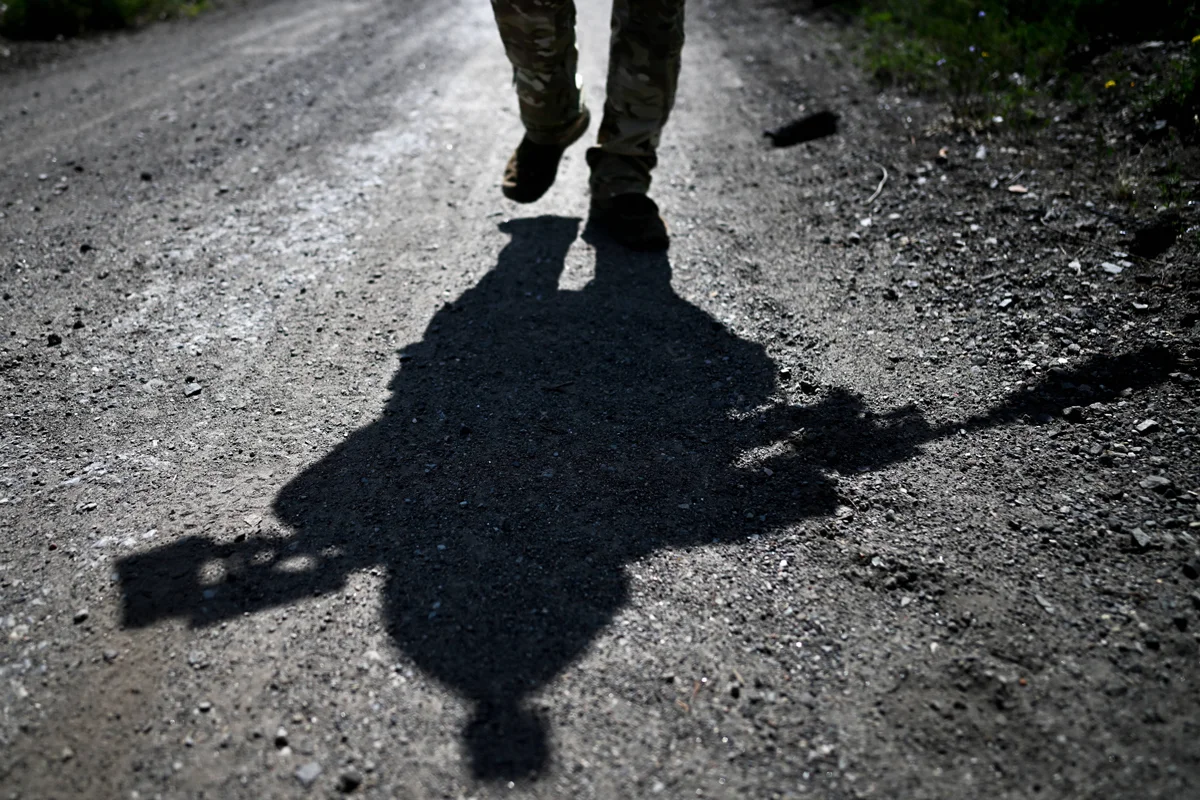North Ossetia. "Village boys sent to the front as rural anger grows"
Protest in North Ossetia
In North Ossetia, a Russian republic in the North Caucasus, protests over utility bills masked a deeper cause of public anger.
Based on a report by Novaya Gazeta Europe.

At the end of July, the Operational Headquarters of the Republic of North Ossetia–Alania introduced a series of restrictive measures. Public gatherings were banned, photo and video filming of military facilities and drone crash sites was prohibited, and security checks on vehicles and cargo were tightened. Officials said the restrictions were imposed after security services received information about “a plot to assassinate servicemen during an unauthorised rally organised by Ukrainian intelligence.”
The decision seemed odd, as Ukrainian drones rarely reach North Ossetia. The last such incident occurred in April this year – but no restrictions were introduced then. On social media, many suggested the new bans were aimed not at protecting against drones, but at containing growing discontent in the region. Novaya Gazeta Europe looked into what was troubling the republic.
“An organised scheme to make money out of thin air”
In mid-July, North Ossetia was swept by a wave of fake messages about the “relocation of large families” under a so-called Life Everywhere programme. The messages, circulated mainly on WhatsApp — still the main source of information in the republic — claimed to cite a “decree” by the head of the republic, Sergey Menyailo. According to the fake document, large families from North Ossetia were allegedly to be resettled either “to the zone of the special military operation” or to the Kursk, Bryansk and Belgorod regions, which have faced regular shelling for years. The rumours spread so widely that the Regional Management Centre had to issue an official denial.
Not long after, rumours began about contaminated water in Beslan — but the Ministry of Housing and Utilities quickly dismissed them, saying the water met all safety standards. Then, on 22 July, word spread of an outbreak of gastrointestinal infection in Alagir district. “There is no epidemic — the information is false and fabricated using digital technologies,” the ministry said in response to a video circulating online.
Other claims followed: reports of temporary checkpoints being set up on the Georgian Military Highway to search cars, talk of a “cholera outbreak”, and even rumours that Komsintern Street in Beslan had been renamed after Ruslan Aushev, the first president of neighbouring Ingushetia. Relations between Ingushetia and North Ossetia have long been tense, but Aushev is remembered in Beslan for his role in helping to free hostages during the 2004 school siege — a fact that may have lent the rumour a degree of credibility.
According to local officials, all these false stories were spread by Ukrainian intelligence to sow panic and destabilise the republic. “Ossetia has found itself on the front line of the information war,” pro-government Telegram channels wrote.
But for many residents, it is not talk of cholera or street renamings that causes the greatest concern — it is the actions of the authorities themselves. At the end of last year, it was announced that from 1 July utility tariffs in the republic would rise sharply, by an average of 19%.
Electricity prices went up by 12.6%, gas by 10.3%, heating and hot water by 21.6%, cold water by 33.4%, and sewage by 38.3%, according to housing and utilities minister Mayran Tamayev.
This comes as average salaries in North Ossetia remain among the lowest in the country — just 51,000 roubles a month — while tariffs are rising faster than in most other regions.

Public anger over rising utility bills was fuelled further by the so-called watering charges. Under a 2011 Russian government decree (No 354), a seasonal water tariff applies every year from 1 May to 31 August for people with garden plots across the country. In North Ossetia, however, no one had enforced this rule for around a decade. This summer, the authorities decided to “revive” it — calculating payments based on plot size rather than actual water consumption. The result was glaring errors and widespread outrage.
“What happened with the watering charges was nothing less than an organised scheme to make money out of thin air,” the local outlet E-osetia commented. “No one properly measured the plots, people were billed at random, and anyone who tried to challenge it got brushed off. Only once there was a real outcry did the government step in.”
Facing the backlash, officials argued that many residents had not installed water meters on their plots. The controversial tariff has now been postponed until 2026.
“Of course people are angry — they should understand what they are paying for,” said the head of the republic, Sergey Menyailo. “Some plots have houses, sheds and other buildings. Some gardens are large, others small. We should charge based on actual consumption.”
Meanwhile, the new utility tariffs that first sparked public anger have also come under fire. The Federal Antimonopoly Service has since ruled to partially cancel them, calling the hikes another “scheme to make money out of thin air”. But by then, public resentment had already hardened. And there is another problem in the region that cannot be solved with the stroke of a pen.
“Wounded and sick are being thrown to the front without consent”
An Ossetian blogger told Novaya Gazeta Europe that tension in the republic remains high because of the ongoing war, which has taken thousands of Ossetian men either as volunteers or through mobilisation.
“More and more boys are being killed. In North and South Ossetia, according to different estimates, the death toll has passed a thousand. And that’s only confirmed cases,” he said.
In mid-July, a call began circulating on social media for a rally allegedly planned for 23 July on Freedom Square in Vladikavkaz.
The authors urged people to record video appeals and “get television involved”:
“The situation is this: all the guys in the ‘special military operation’ — wounded, sick, or recovering from injuries — are being thrown to the front line without being asked or agreeing. Unless we do something about it together, no one will help us. Many are afraid to complain, thinking it might make things worse. But when we stand together, we have nothing to fear,” the message read.

The appeal, which emerged against an already tense information backdrop in the republic, seriously alarmed the authorities. On 22 July, all public gatherings in North Ossetia were urgently banned. Serving soldiers joined the public campaign to “expose” the alleged provocateurs: troops from different units recorded video messages claiming the calls to protest were orchestrated by Ukrainian intelligence. At the same time, Ossetian security services issued formal warnings stressing that participation in unauthorised rallies was unacceptable and punishable. Police also visited local bloggers and activists, taking written statements from them.
One of them was the source who spoke to Novaya Gazeta Europe:
“I got a call from the Interior Ministry. They said: we want to talk to you. I agreed. For me it’s routine, this has happened many times. [The police] behaved absolutely correctly, no pressure. They needed to report back, to work through the protest situation. They came, asked what I knew about the rally. It was all ordinary. We chatted, I wrote a statement saying I knew nothing and wasn’t planning to take part. I asked them: ‘What, people are protesting over the watering charges?’ They said: ‘No, it’s the relatives of those in the ‘special military operation’. They even showed me a screenshot that was spreading in WhatsApp chats,” the blogger said.
According to him, police also visited one of his friends. During that visit, officers allegedly showed a document stating the protest was registered as a “rally of relatives of fighters in the ‘special military operation’.” But the source noted that, like many regional journalists, he had overlooked this story, which grew into something much bigger among the rural population.
“Honestly, I thought people would start protesting sooner or later. I wasn’t the only one who understood it was coming. Many assumed the rally would be about rising utility tariffs, but at the same time frustration was building among relatives of the boys sent to the ‘special military operation’. There was a real disconnect, because it’s mostly rural boys who are being sent. And in the villages anger was growing — but none of us picked up on it. It turned out we journalists and bloggers were looking the wrong way. WhatsApp forwards are hugely popular here. I get them all — even the most absurd, about the ‘golden billion’ — but this one about the rally I never saw. Later I asked colleagues and they said they hadn’t seen it either. It turned out the messages were circulating among relatives of those in the ‘special military operation’. But who wrote them remains unclear,” he said.

Who Moscow wants
Despite all the authorities’ efforts, the rally went ahead. According to our source, about 20 people gathered in the central square, though he did not see it himself. The protesting relatives of soldiers were quickly escorted into the administration building, where the head of the republic, Sergey Menyailo, met them personally. Some were promised help, others were simply reassured.
“This is his forte — when it comes to military matters, he handles them well. He helps when he can. In Ossetia, if you refuse to help, everyone will hear about it,” the source said.
Officially, the administration said nothing about the Freedom Square rally, and not a single video or photo from the event appeared online. Journalists and bloggers who might have recorded it had been warned off in advance by the security services. And it was not only about the nationwide policy of suppressing anti-war sentiment.
Municipal elections are scheduled in North Ossetia for 14 September. Local Telegram channels describe them as a test for the regional head. Menyailo’s position appears shaky, and to keep his post he will have to convince Moscow that everything is under control. “Will Menyailo manage to hold on? Or does Moscow want someone new?” commentators ask.
According to insiders, the protests by soldiers’ relatives and the flood of rumours about epidemics are not the work of Ukraine, but a targeted campaign to discredit Menyailo, staged by “fly-in political technologists”. Still, our source in Vladikavkaz doubts that public discontent will have any impact on the election results.
“People have total apathy towards elections. Most simply ignore them, and in the end it’s state employees who vote, because they’re forced to,” he summed up.


















